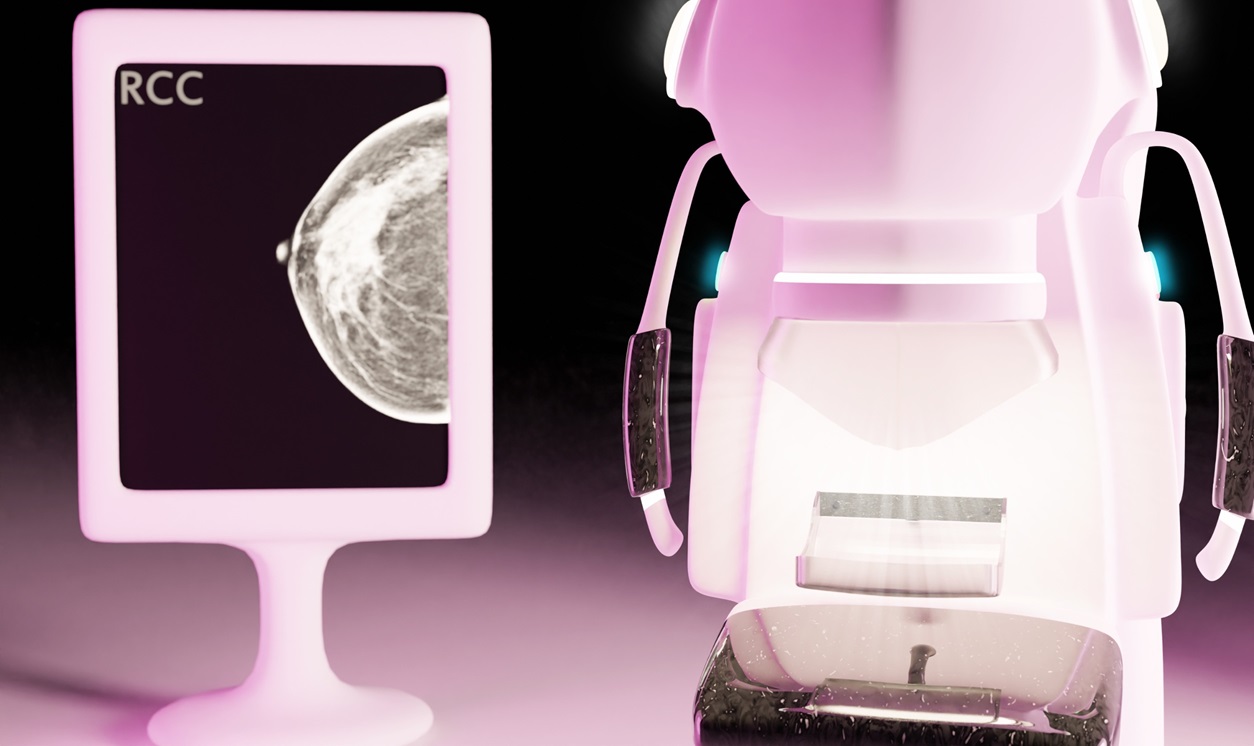Novel AI Tool Accurately Detects and Characterized Microcalcifications on Mammography
Posted on 01 Jan 2024
Breast cancer screening through mammography is crucial for early detection, yet the demand for mammography services surpasses the capacity of radiologists. Artificial intelligence (AI) can assist in evaluating microcalcifications in mammography scans. A team of researchers has now developed and tested an AI model that can accurately detect and characterize microcalcifications in mammography scans.
In the research conducted at IEO European Institute of Oncology IRCCS (Milan, Italy), three expert radiologists annotated a dataset of 1,000 patients and 1,986 mammograms using histology-based ground truth. The dataset was partitioned for training, validation, and testing. Of the total, 389 groups of microcalcifications were deemed malignant while 611 were benign. The team then trained and evaluated three neural networks (AlexNet, ResNet18, and ResNet34) using specific metrics including receiver operating characteristics area under the curve (AUC), sensitivity, and specificity.

The team evaluated the neural networks in their ability to detect and classify microcalcifications and found that AlexNet delivered the best overall performance among the three neural networks. The researchers also found that AlexNet had a negative predictive value of the three networks in detection (0.94) and classification (0.88). The study highlights the importance of developing reliable deep-learning models possibly be applied to breast cancer screening. Based on their findings, the research team has suggested that these models offer the potential to improve the work of breast radiologists, particularly in breast cancer screening programs.
Related Links:
IEO IRCCS














